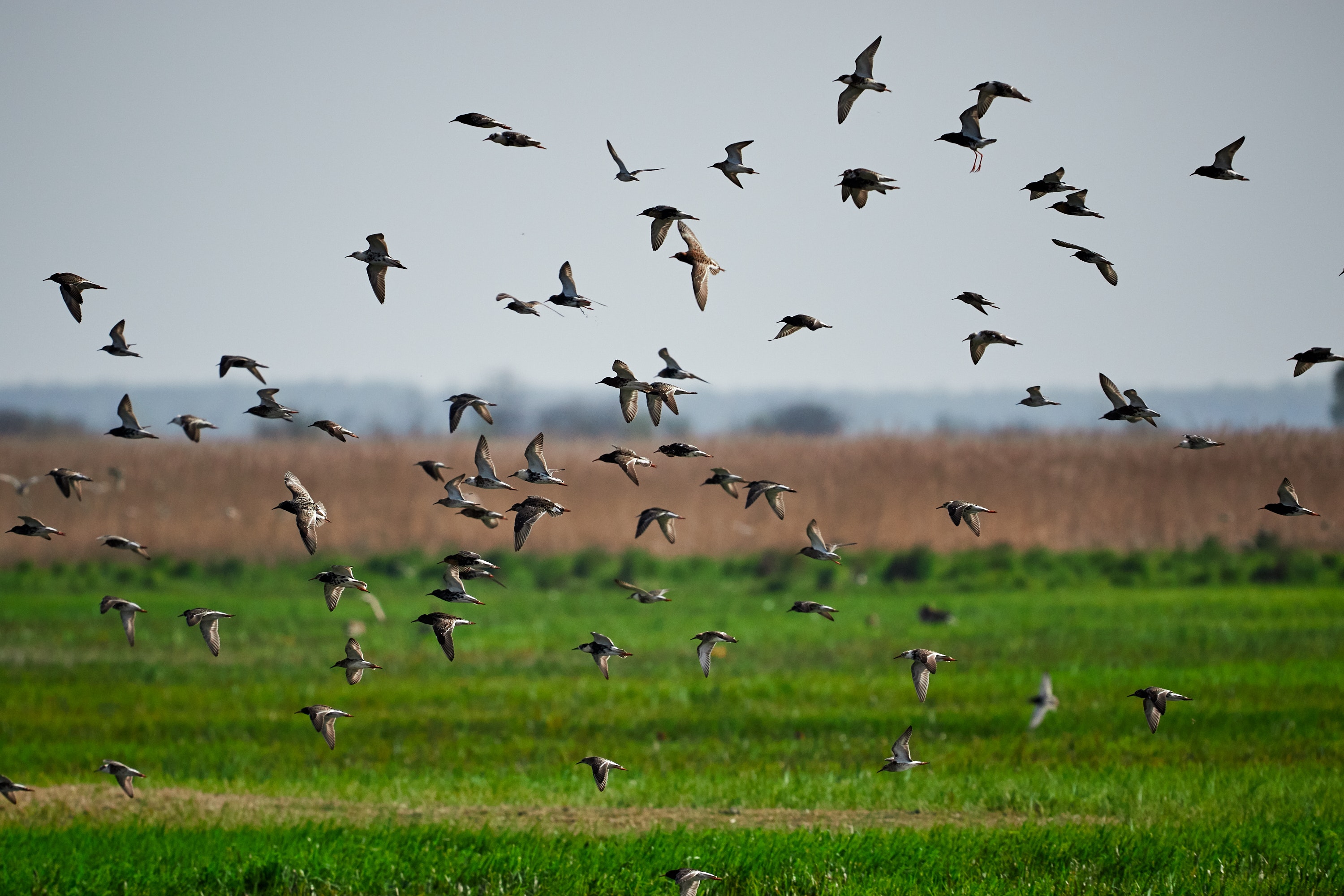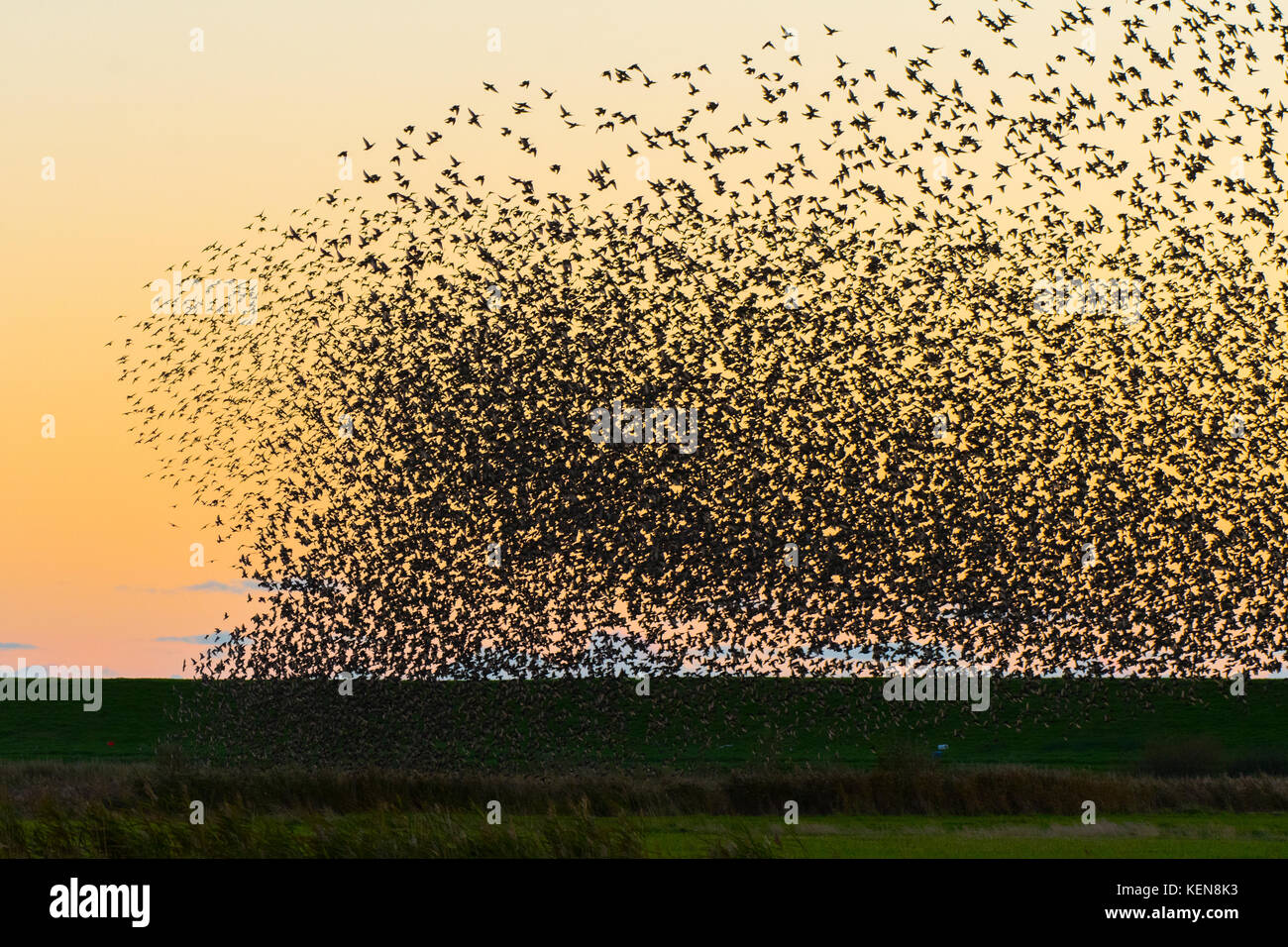Animals That Migrate In Autumn Uk

Monarch butterflies migrate 2950 miles in autumn 5900 miles round trip according to the Nature Education Knowledge Project.
Animals that migrate in autumn uk. Here in the UK the most obvious migrants are birds. In the UK pipistrelle bats migrate in autumn from the north to spend winter in the warmer south-west. Hibernation is the most appealing tactic if you ask me.
About 50 species in all leave our shores each year on a substantial southward journey to spend the British winter in gentler climates. Here are some of the birds youre likely to spot spending time in your garden in autumn and winter. When hedgehogs are born there can be up to seven babies in a single litter their coat of spines are soft and short.
Visiting birds such as swallows gather to migrate abroad while geese arrive from cold countries to overwinter here. These birds can be spotted in gardens throughout the year. The RSPBs Gemma Butlin highlights ten species to look out for this autumn some of which have travelled 6000 miles on their epic migration journeys.
Pink-footed geese Migration is often not so obvious in the autumn as it is in spring with summer visitors disappearing gradually often without notice. Youll probably have noticed a lack of frog toad and newt activity in autumn and early winter and they do in fact become dormant during these months for survival. Frogs and newts will hibernate on the bottom of ponds but if these ponds are full of leaf matter this can prove deadly to a hibernating amphibian if the pond freezes over.
Some species travel here for the winter and others arrive in spring and summer. Many species fly south to warmer climates including Monarch butterflies which typically pass through the Charlotte area in late September-early October during their annual migration to Mexico. Robins Erithacus rubecula are often considered a British winter iconTheyre so popular that in 2015 they were voted our first-ever national bird.
Its a really exciting time though with winter thrushes flocks of geese and swans. With hedgehog numbers declining nationwide we are very fortunate to still have hedgehogs. The urgency of the breeding season is not there.


















